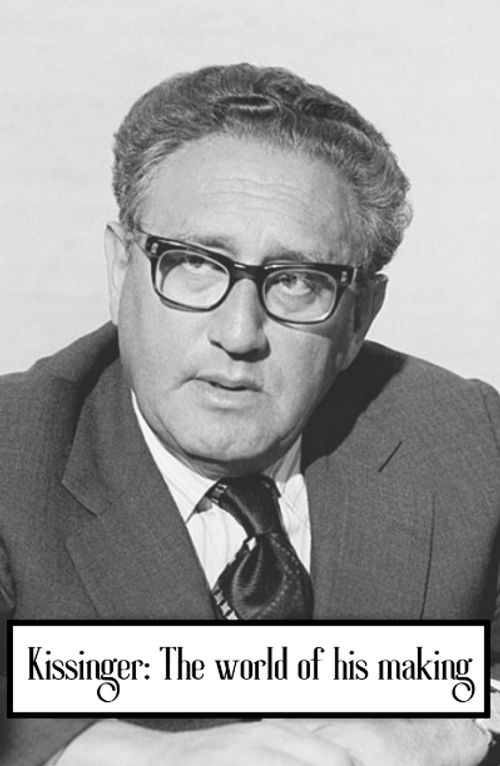Henry Kissinger: is the world we live in his making?
Jun 16, 2022 · 2 mins read
0
Share

On May 23, as western support for Ukraine remained united, Henry Kissinger, a man who defined half a century of American diplomacy, said that Kyiv should consider conceding territory to reach a peace deal. To understand his statement, one needs to dive deeper into his worldview.
Save
Share
Three words define Kissinger’s worldview: legitimacy, consensus, and order. They reflect his realist and pluralist thoughts on international relations. Additionally, he emphasizes diplomacy and the flexibility of foreign policy.
Save
Share
Legitimacy: States in the established order should view political doctrines of new revolutionary states as legitimate rather than undermine them. Kissinger believes that the Cold War was fought more over the American derision of the Soviet ideology rather than nuclear armament.
Save
Share
Consensus: States need to be in agreement about basic political concepts to foster agreement. Thus, conflicting ideologies such as liberalism and socialism should not be viewed as universally applicable but as choices.
Save
Share
Order: Legitimacy along with consensus will make state actions predictable, stabilizing international relations. Peaceful cooperative world order will come about by offering legitimacy.
Save
Share
Diplomacy: Countries should always maintain channels of communication and an option for negotiation during conflicts. This was reflected in Kissinger’s personal mediatory efforts to cease hostilities between Arab states and Israel in the 70s, popularly called “shuttle diplomacy."
Save
Share
Adaptability: Nations must adapt their diplomatic outlook in accordance with changing times. This is evident in how Kissinger facilitated rapprochement with China in the early 70s when relations between Beijing and Moscow deteriorated.

Save
Share
However, despite of Kissinger’s pragmatic approach, his practices were sometimes contradictory. For example, he advised prolonging the Bangladeshi war to prevent the spread of Soviet influence in the Indian subcontinent, despite the negligible role the Cold War played in the war.
Save
Share
Others have criticized his disregard for human rights and even human lives in his foreign policy deliberations. Some believe his role in the direction of American foreign policy is exaggerated.
Save
Share
Bottom Line. Kissinger oversaw American foreign policy at a time when the US perceived itself to be in a tug of war for world dominance both materially and ideologically. Can its perceived triumph and current standing as the world hegemon be the result of Kissinger’s worldview?
Save
Share
0